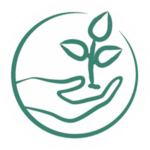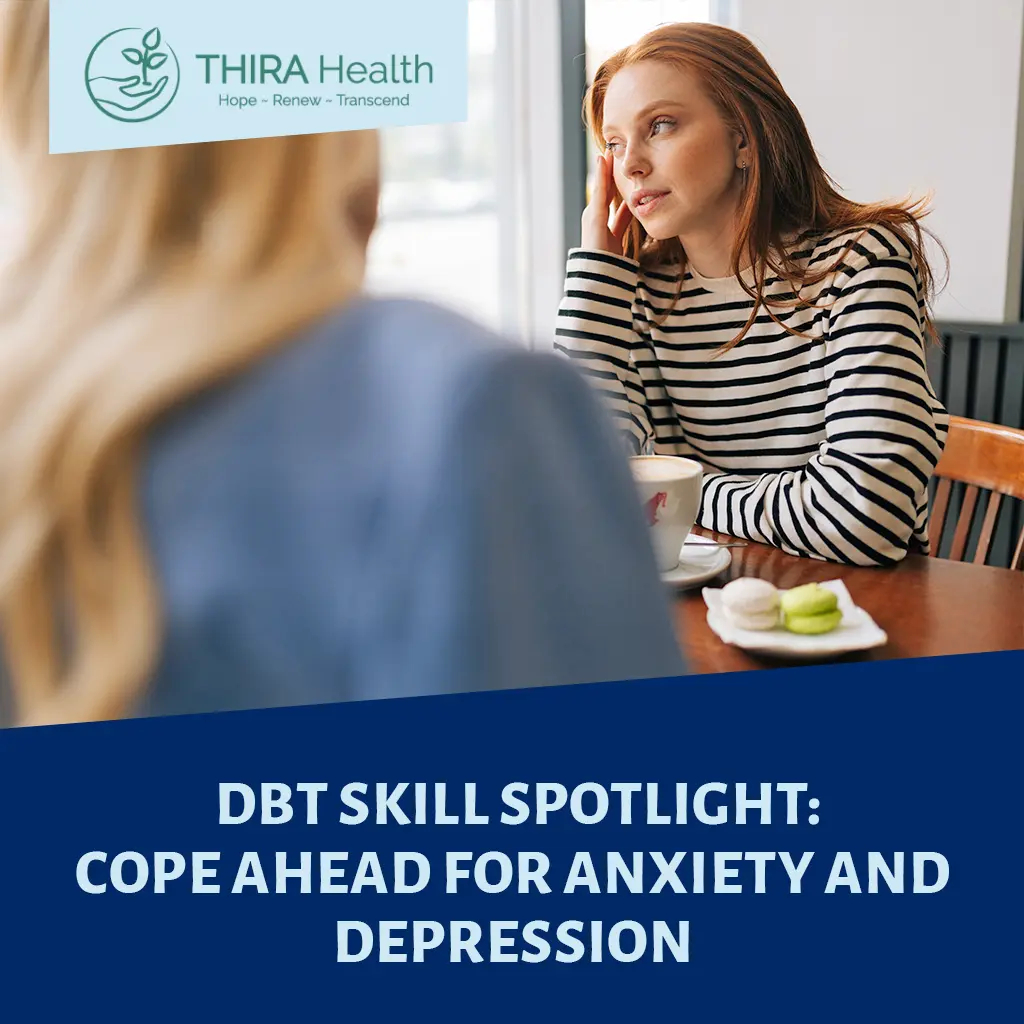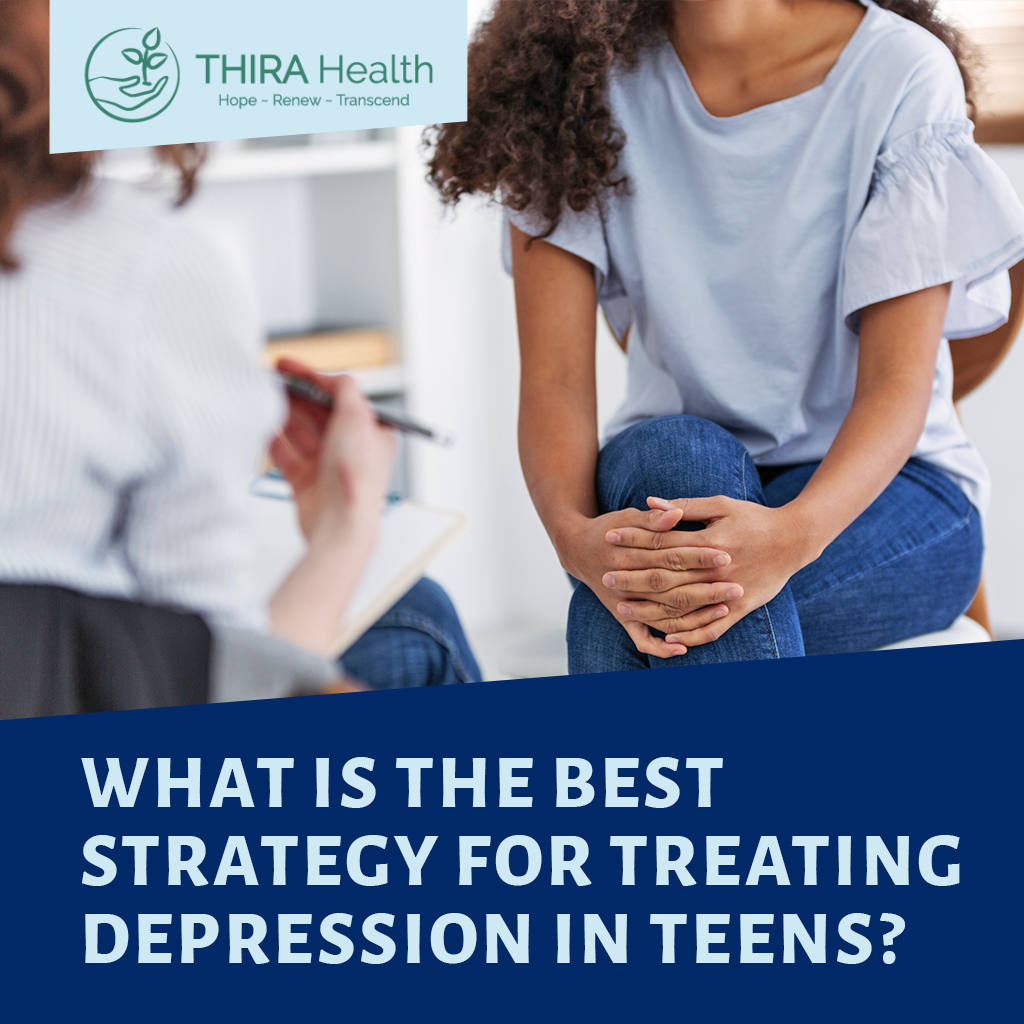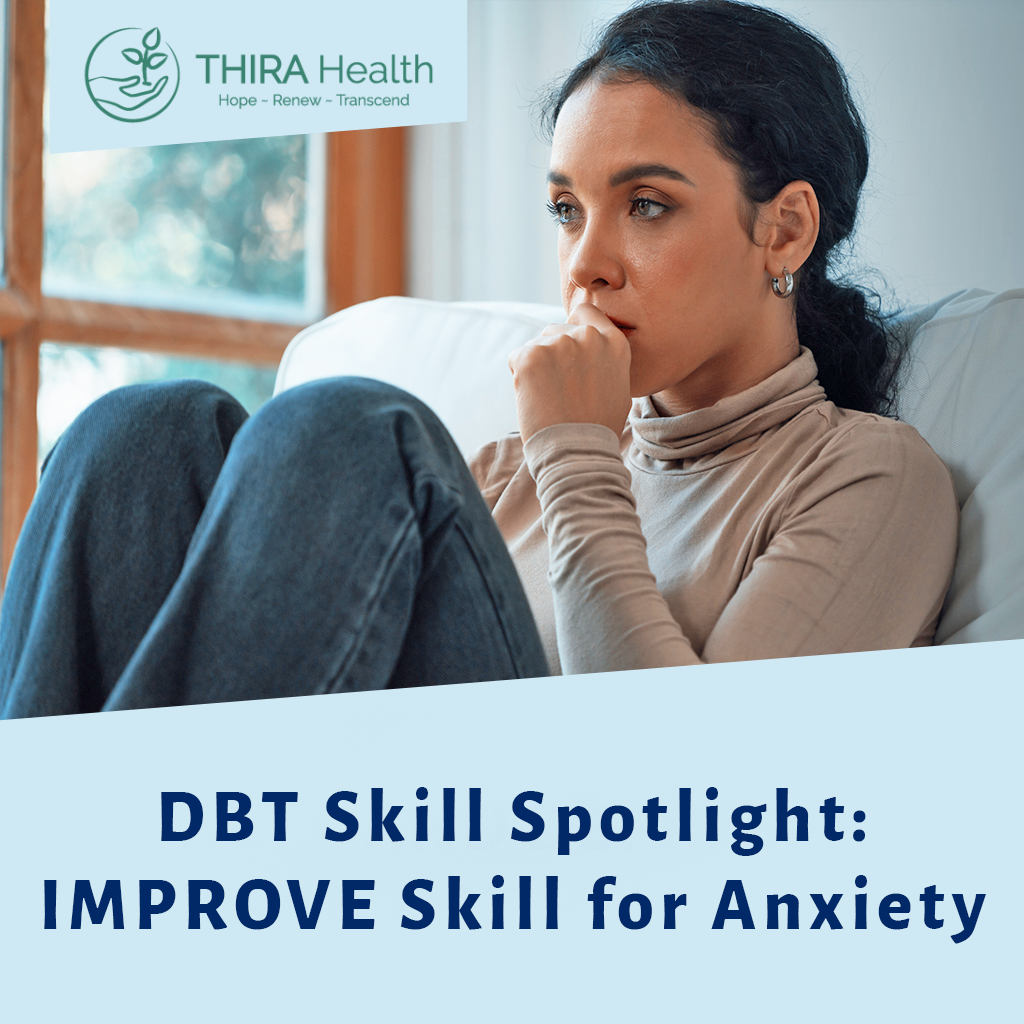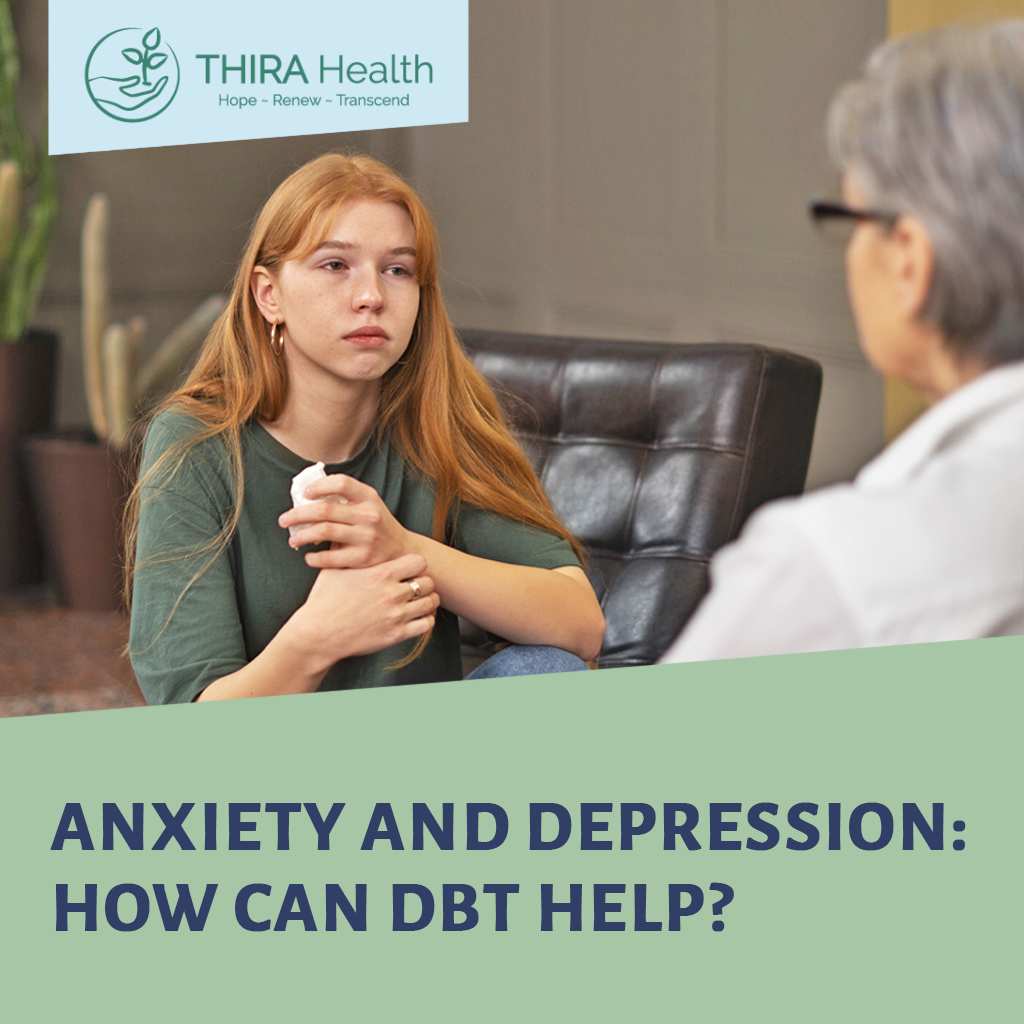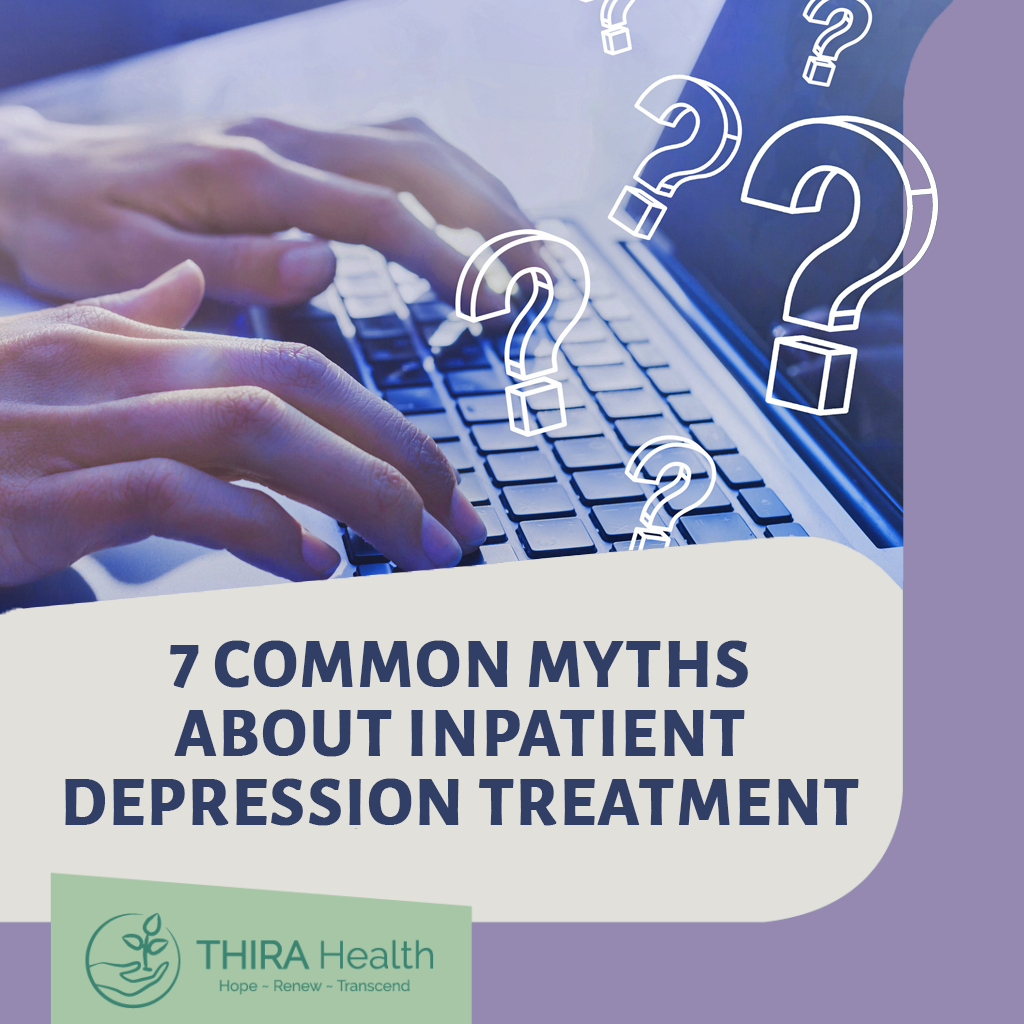What is your role at THIRA:
I am a registered dietitian (RD) for the teen and adult cohorts.
WHEN I’M NOT AT WORK, YOU CAN FIND ME…
Visiting all the scenic spots that Washington has to offer! Living in a state that has so many places to explore has been a huge blessing over the past year.
WHEN I WANT TO DE-STRESS, I…
Put on a face mask, curl up with a cup of hot tea, and read a good book.
MY FAVORITE TIME OF YEAR IS…
August for sure because the skies are clear and it’s warm enough to swim!
MY FAVORITE THING TO COOK IS…
Stuffed bell peppers—I make this dish all the time. It’s quick, stores well, and you can mix up the fillings! My favorite is spicy Italian sausage and rice with a slice of melted provolone cheese on top.
WHAT LED YOU TO PURSUE A CAREER HELPING OTHERS?
I want to be part of the movement that destigmatizes mental illness. Learning about the connection between nutrition and mental health really motivated me to become an RD. It’s incredible to see how empowered a person can feel when they nurture the tie between their mind and body.
WHAT EDUCATION, SKILLS AND EXPERTISE DO YOU BRING TO YOUR ROLE?
In 2019, I graduated from Seattle Pacific University with a bachelor’s degree in food and nutritional sciences (dietetics emphasis). I completed my distance dietetic internship through Priority Nutrition Care (Boston, MA). Through my internship, I gained experience in multiple settings: hospital critical care unit, school food service, sports nutrition, and Community Dining/Meals on Wheels. During undergrad, I volunteered with Project HEAL and the National Association for Anorexia Nervosa and Associated Disorders (ANAD) which taught me more about eating disorders.
WHO/WHAT INSPIRES YOU?
Hearing stories about people who overcome obstacles—people who did not give up, and rose to be the best version of themselves. That’s the good stuff.
WHAT IS ONE SMALL THING PEOPLE CAN DO TO IMPROVE THEIR LIVES AND INCREASE THEIR HAPPINESS?
For every possible negative outcome to a situation, we can think of two positive alternatives. Perspective is so important, and we spend a lot of time worrying about things that are out of our control.
ANY TIPS FOR ANYONE STRUGGLING WITH AN EATING DISORDER?
Help is out there, and you are worthy of recovery. The first step is asking for help, and understanding that recovery is not linear. Self-compassion and body kindness are key. So if you are thinking about asking for help, here is your sign to send that inquiry email to a treatment center, reach out to a dietitian, join a support group, etc. Recovery is challenging, but you will feel so free once you build a healthy relationship with food.
